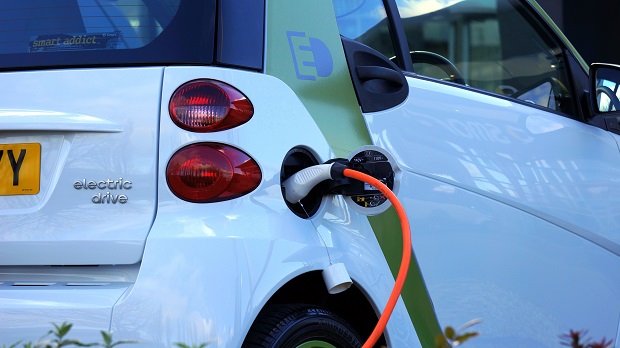StoreDot, An Israel-based fast battery charging technology venture, has now decided to manufacture silicon battery packs. The firm said that the move would likely facilitate the car makers to design and produce cheaper, lighter, and more sustainable Electric Vehicles (EVs).
The battery solution firm said it could help EV owners move towards a smaller battery pack regime with increased car efficiency, which could pave the way for the faster adoption of the lesser polluting transportation system.
“StoreDot’s technology has reached sufficient charging and discharging cycles, enabling vehicle manufacturers to include a smaller battery pack. Smaller packs with XFC translate into improved EV specifications, including better car efficiency, increased utilization of regenerative braking, reduced carbon footprint, and lower costs. As a result, such affordable and lighter EVs will serve a broader audience and further enhance the adoption and transition to EVs,” the firm said in a media statement.
It said it might start delivering its 100in5 silicon-dominant extreme fast-charging batteries to EV Original Equipment Manufacturers (OEMs) by next year. Storedot claimed that the technology would allow users to go up to 160 kilometers of range in just five minutes of charging.
“As a result, EV drivers will no longer need to worry about the range between charges, or charging times, allowing car makers to re-evaluate the specifications of electric vehicles. With StoreDot’s XFC technology, OEMs will be able to optimize a vehicle’s weight and cost, rather than pushing for ever greater range and battery size,” it said.
Storedot also said EV users eager to shift from an 80Kwh to a 50Kwh battery pack can save around 2900 kilograms of their EV weight. In addition, the firm said this could also lead to saving around USD 4,500 of the build cost of the card depending on the metal cost fluctuations and energy density improvements. It also said that this would add environmental benefits too.
“The environmental impact of such a design change will be highly significant, too, as it will lower the amount of raw materials used in each vehicle, reducing its EV carbon footprint throughout its lifecycle. In addition, XFC in smaller packs also means efficient regenerative braking as it can accommodate the corresponding recuperated high currents,” Storedot said.



